The Drug Enforcement Administration has been impeding and ignoring the science on marijuana and other drugs for more than four decades, according to a report released this week by the Drug Policy Alliance, a drug policy reform group, and the Multidisciplinary Association for Psychedelic Studies, a marijuana research organization.
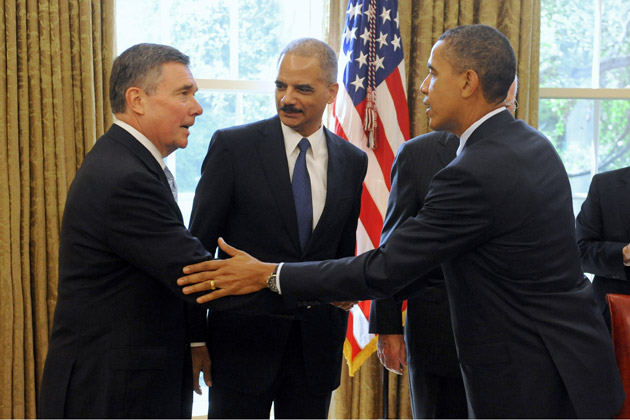
When the Obama administration released its 2013 Drug Control Strategy recently, drug czar Gil Kerlikowske called it a “21st century” approach to drug policy. “It should be a public health issue, not just a criminal justice issue,” he said.
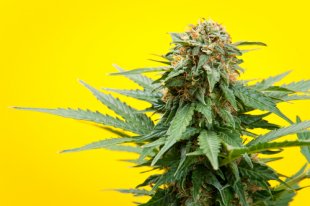
The GOP-controlled House surprised just about everyone when it voted 218 to 189 for a pro-medical marijuana amendment on Friday. The amendment, tacked onto the much larger criminal justice funding bill (H.R. 4660), would prohibit the Department of Justice (DOJ) from using federal taxpayer funds to interfere with medical marijuana laws in 22 states that have passed them.
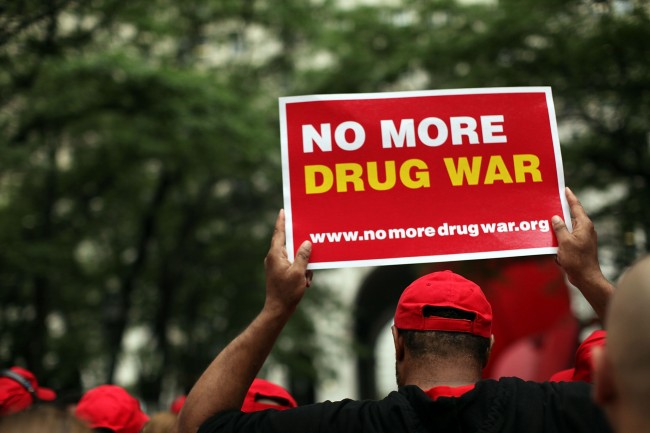
An awakening is occurring, the U.S. is finally getting on the right path, can we end the war on drugs?
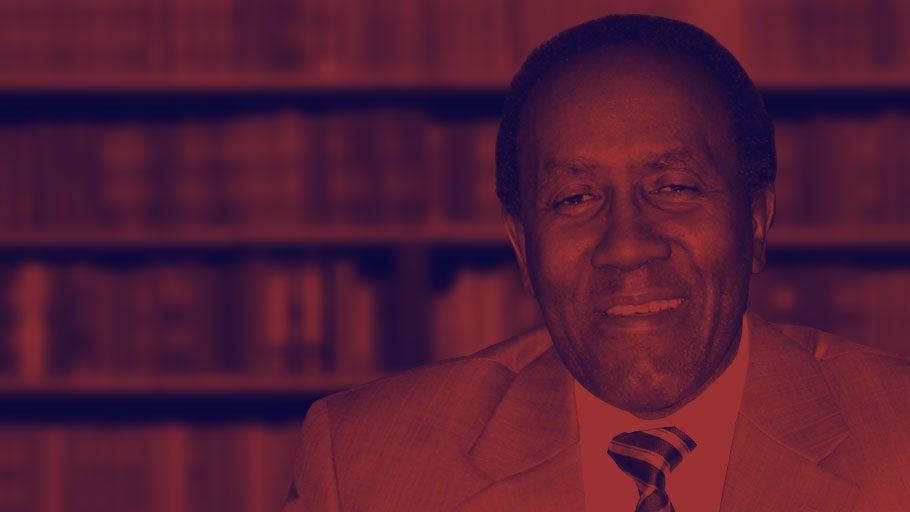
Gangs, guns and transnational crime have had a destabilizing impact on the Caribbean. The region has no capacity to manufacture guns but the introduction of lethal hand pistols and high powered rifles have altered the tranquil waters of the Caribbean.
On Saturday, May 10, the third annual “National Dignity March” converged in Mexico City, with hundreds of marchers having walked for a full month from cities and towns all over Mexico.
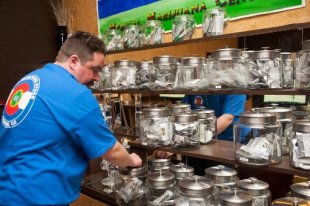
The standard debate about marijuana legalization has been “Should we, or shouldn’t we?” For better and for worse, the country appears to be moving toward answering that question in the affirmative.
For decades, cannabis opponents controlled the messaging around the popular plant and cultivated any number of lies about its effects.
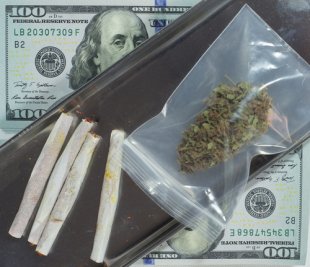
In November 2012, voters in Colorado and Washington state made historic decisions to legalize marijuana for recreational sale and use, flying in the face of anti-pot moralists, drug warriors, and a century’s worth of prohibitionist policy. At the start of this year, these policies began to take effect, with pot shops opening for business for the first time on this side of the Atlantic.
As prosecutors across Maryland wait for the new law that will remove criminal penalties for possessing small amounts of marijuana, they’re taking a patchwork approach in the way they handle such cases.
The individual analyses of the economists and drug policyexperts, signed by five Nobel Prize winners in economics, expose the collateral damage of the drug war and offer suggestions on how the policies can—and should—change.
More than 40 years ago, psychiatry professor Lester Grinspoon wrote a groundbreaking book on marijuana that the New York Times dubbed at the time “the best dope on pot.”














